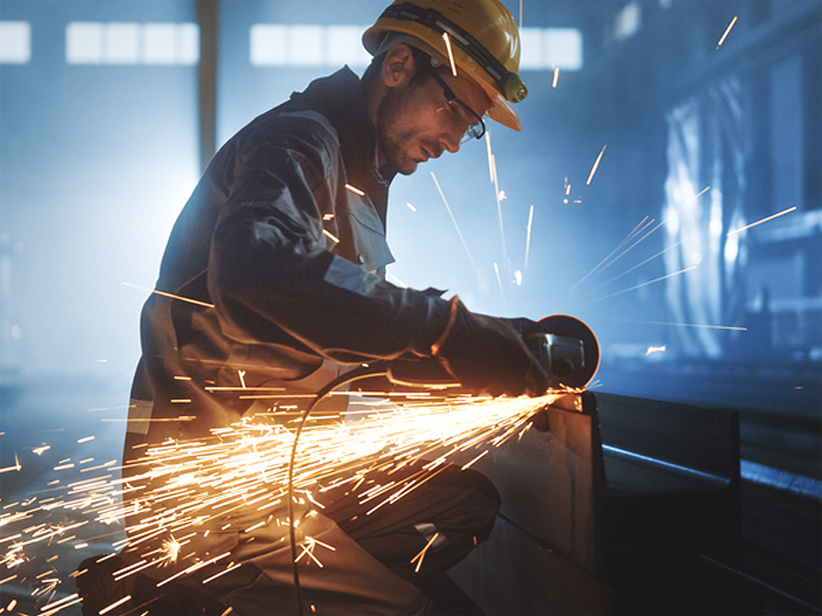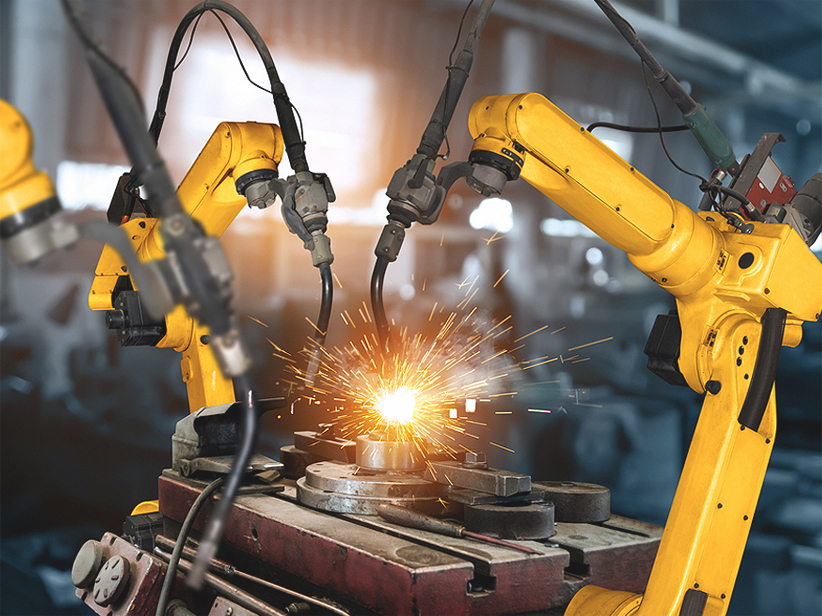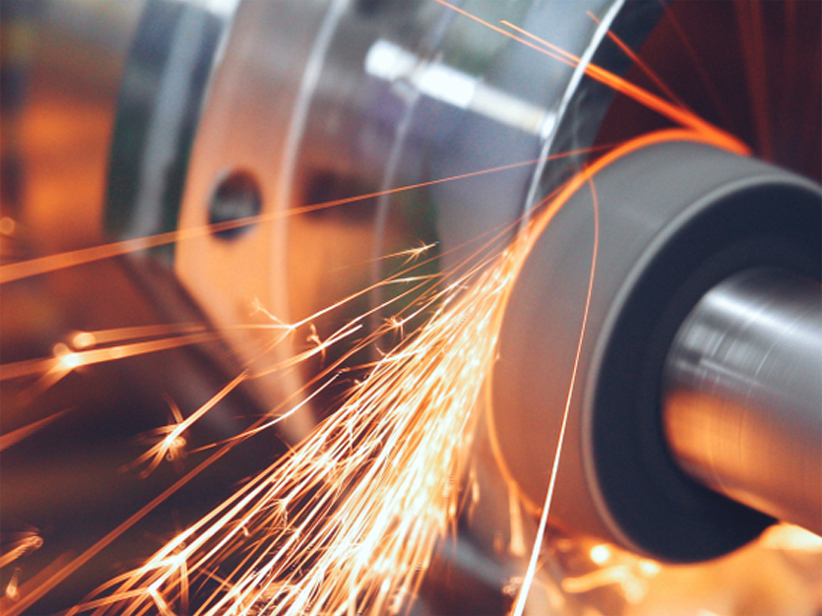Description
Stainless Steel Grade 304LN/1.4318 is a low-carbon, nitrogen-enhanced version of the 304 stainless steel alloy. This grade is specifically designed to provide enhanced strength and improved corrosion resistance compared to standard 304 stainless steel. The addition of nitrogen increases the strength and helps to stabilize the structure, making it suitable for applications that require high tensile strength and resistance to stress corrosion cracking.
Chemical Composition
Chromium (Cr): 18.0 - 20.0%
Nickel (Ni): 8.0 - 12.0%
Manganese (Mn): ≤ 2.0%
Silicon (Si): ≤ 1.0%
Carbon (C): ≤ 0.030%
Phosphorus (P): ≤ 0.045%
Sulfur (S): ≤ 0.030%
Nitrogen (N): 0.10 - 0.20%
Mechanical Properties
Tensile Strength: 520 MPa (75,000 psi) minimum
Yield Strength: 275 MPa (40,000 psi) minimum
Elongation: 40% minimum (in 50 mm)
Hardness: Typically 200 HB (Brinell Hardness)
Thermal & Physical Properties
Density: 7.93 g/cm³
Specific Heat: 500 J/kg•K
Thermal Conductivity: 16.2 W/m•K (at 100°C)
Melting Point: 1400 - 1450°C (2552 - 2642°F)
Coefficient of Thermal Expansion: 16.0 µm/m•K (at 20 - 100°C)
Other Designations
DIN Number: 1.4318
UNS Number: S30453
EN Number: X2CrNiN18-9
ISO Number:1.4318
Fabrication and Heat Treatment
Welding: Grade 304LN can be easily welded using standard techniques. It is suitable for all common welding methods including MIG and TIG welding.
Machining: Machinability is comparable to that of Grade 304, with good results achieved with appropriate tooling and techniques.
Heat Treatment: This grade is not hardened by heat treatment. It can be annealed at temperatures of 1010 - 1120°C (1850 - 2050°F) and then rapidly cooled to ensure optimal mechanical properties and corrosion resistance.
Applications
Chemical Processing: Used in equipment and components exposed to corrosive environments.
Marine Environments: Suitable for parts exposed to seawater or other chloride-rich environments.
Pressure Vessels: Ideal for high-strength applications requiring resistance to stress corrosion cracking.
Structural Components: Commonly used in construction and architecture where strength and durability are crucial.
Supplied Forms
Bars:Available in various diameters and lengths.
Rods
Sections
Custom Shapes: Can be supplied according to specific customer requirements.
Features
Enhanced Formability: The addition of nitrogen improves tensile strength and resistance to deformation.
Corrosion Resistance: Superior to standard 304 steel, especially in chloride-containing environments.
Stress Corrosion Resistance: Better resistance to stress corrosion cracking compared to standard 304.
Low Carbon Content: Reduces the risk of carbide precipitation and improves weldability.






